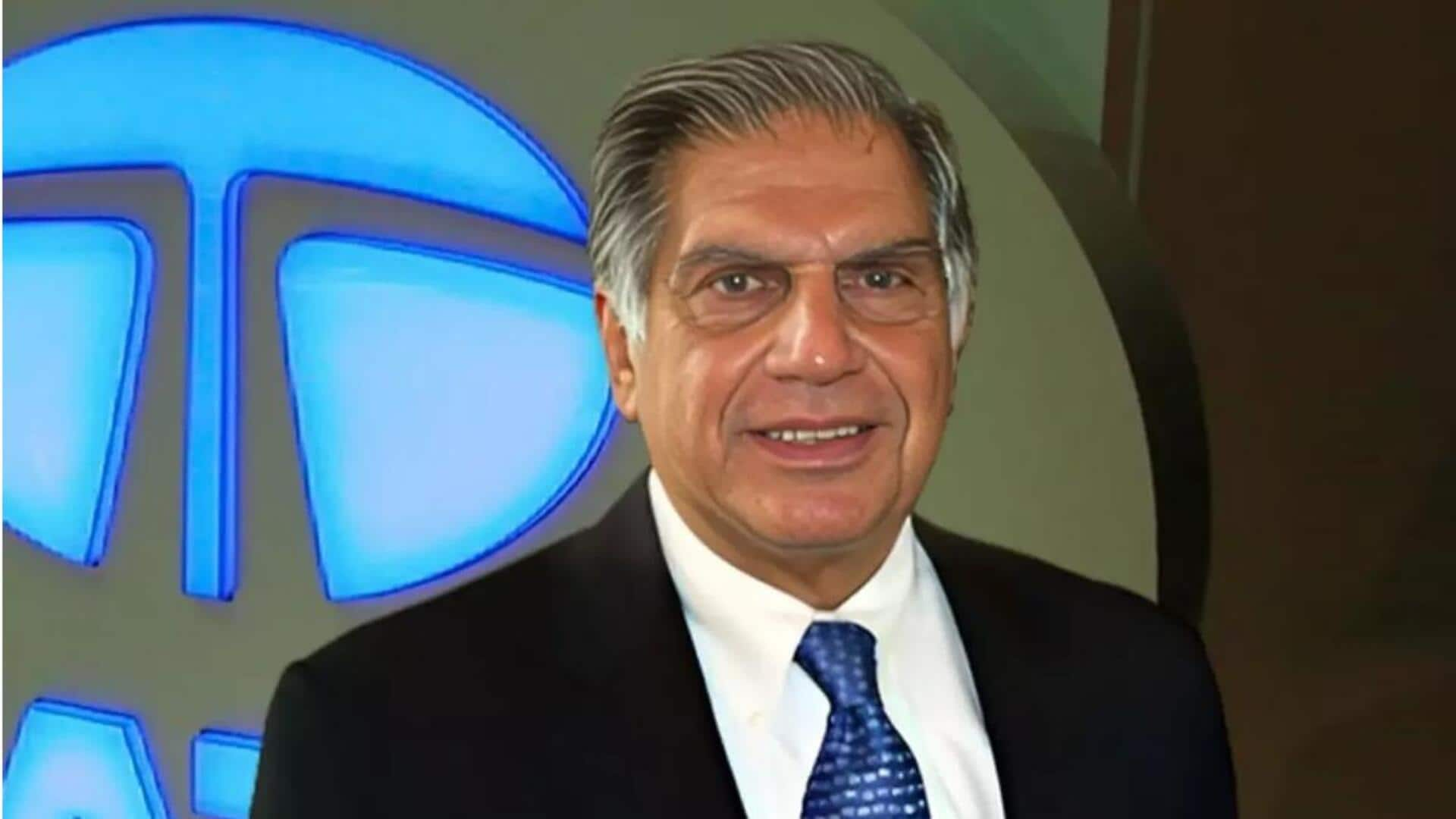
Ratan Tata's 85th birthday: A look at his remarkable career
What's the story
The late Ratan Naval Tata, the ex-Chairman of Tata Sons, was one of the most respected names in the world of business.
Under his leadership, the Tata Group became an international behemoth while maintaining its core values of integrity, quality, and social responsibility.
Today, would have been his 85th birthday. Let's take a look back at the incredible journey of one of India's most prominent industrialists.
Initial years
Early career and rise to prominence
Tata's journey with Tata Group started in 1961 when he joined as a junior management trainee at 24.
He had just graduated from Cornell University with a degree in architecture.
Despite coming from an affluent family, it was his sheer ability and dedication that took him to the top.
One of his early successes was reviving National Radio and Electronics (NELCO), a Tata subsidiary, as its Director.
Leadership ascent
Tata's leadership journey and global expansion
In 1981, Tata became the Managing Director of Tata Industries, a position that shaped the company's future greatly.
He was made Deputy Chairman of Tata Sons in 1986 and became the Chairman in 1991, succeeding JRD Tata.
Under his leadership, the group made its first big international acquisition by buying Tetley, UK's largest tea brand.
The move not only expanded their reach but also made their presence felt globally.
Strategic acquisitions
Bold moves and commitment to innovation
Tata spearheaded the acquisition of Corus, one of the world's largest steel companies, in 2007. The strategic move placed Tata Steel among the top global steel producers.
In 2008, he masterminded Tata Motors's acquisition of British luxury car brands Jaguar and Land Rover.
The same year, he launched Tata Nano, then the world's cheapest car priced at ₹1 lakh, showcasing his commitment to innovation and social change through affordable solutions.
Leadership transition
Retirement and return to Tata Sons
Notably, Tata retired as Chairman of Tata Sons in 2012 but returned as Interim Chairman in 2016 after Cyrus Mistry was removed.
He handed over the reins to N Chandrasekaran in 2017.
Even after retirement, his leadership style defined by humility, integrity, and a deep sense of social responsibility continues to inspire leaders across the world.
Honors
Philanthropic contributions and global recognition
Beyond business, Tata was also known for his philanthropy, with huge investments in education, healthcare, and rural development through the Tata Trusts.
His efforts have transformed education and healthcare, particularly in underprivileged areas.
He won several awards including the prestigious Padma Bhushan in 2000 and Padma Vibhushan in 2008 for his contributions to trade and industry.
Internationally, he had been honored with honorary degrees from Harvard University and the University of Oxford.